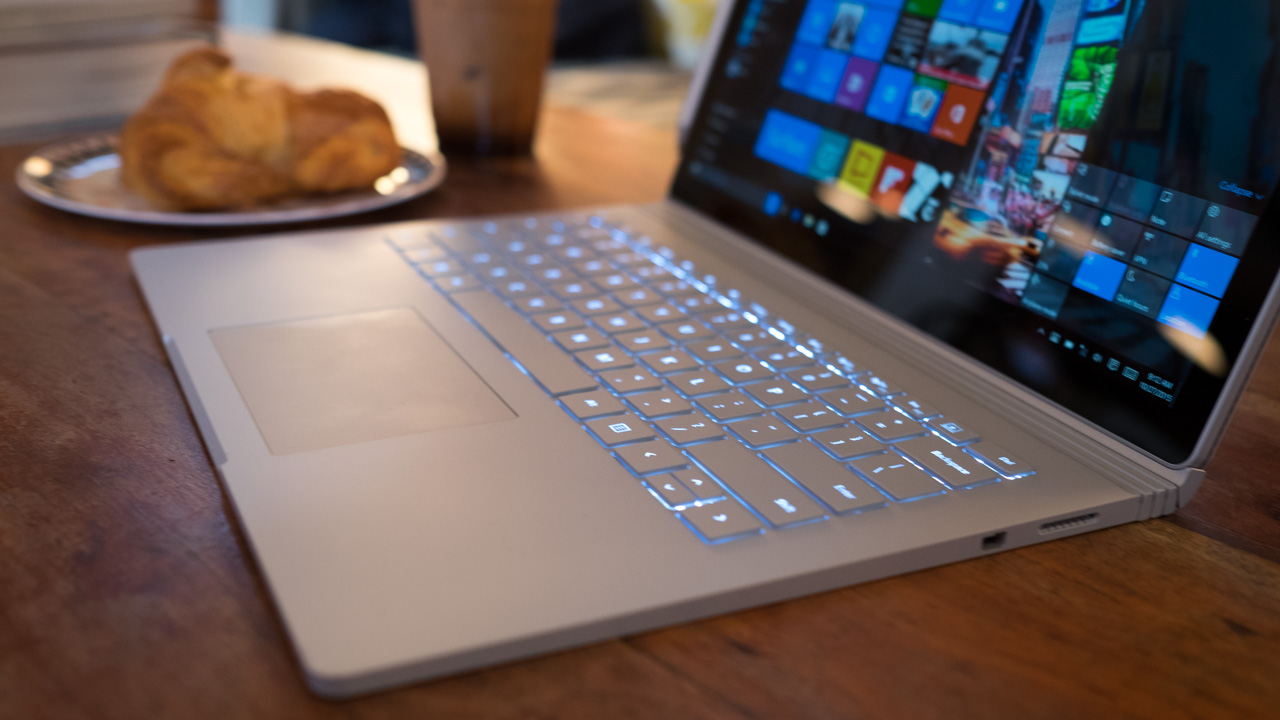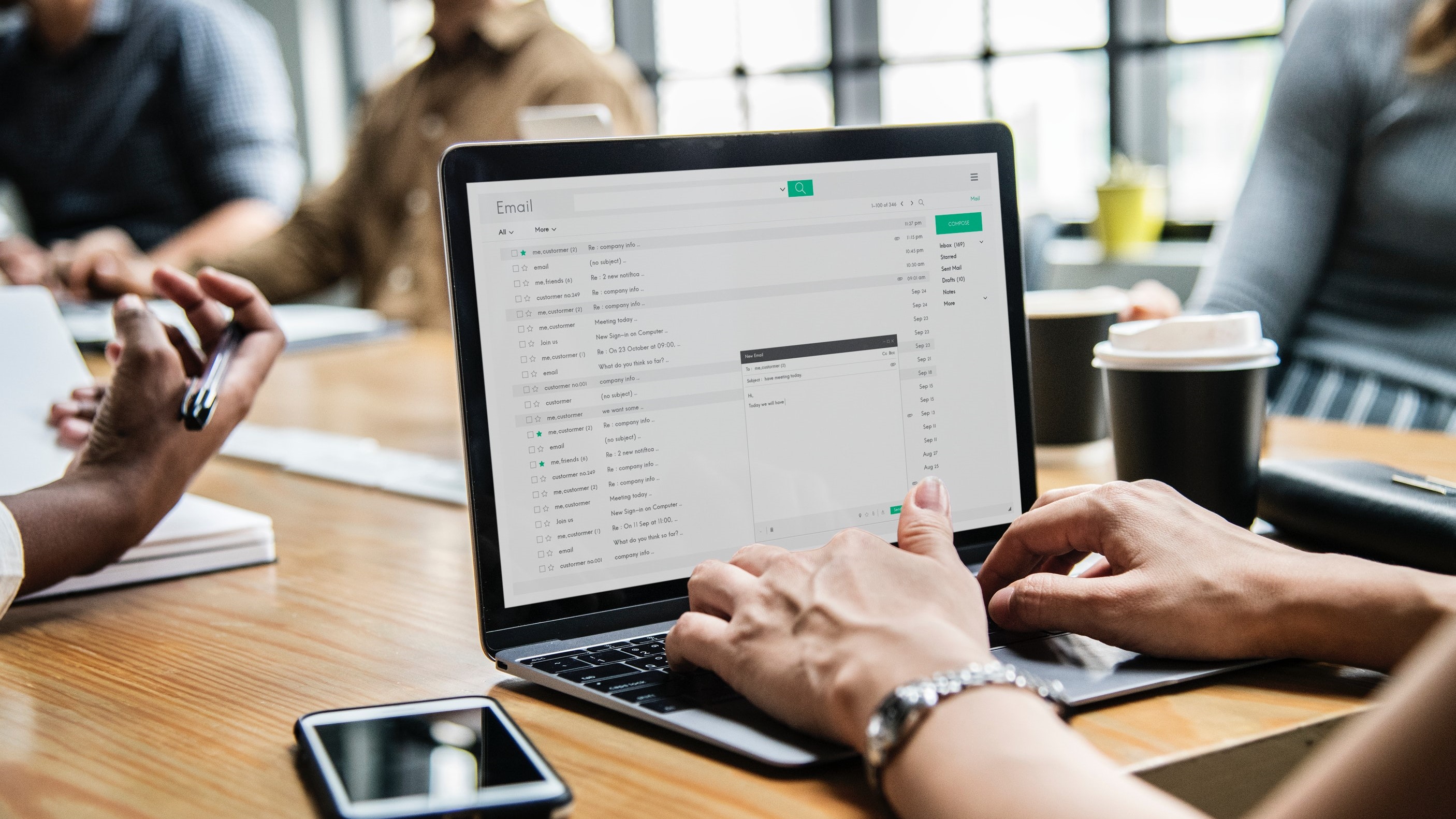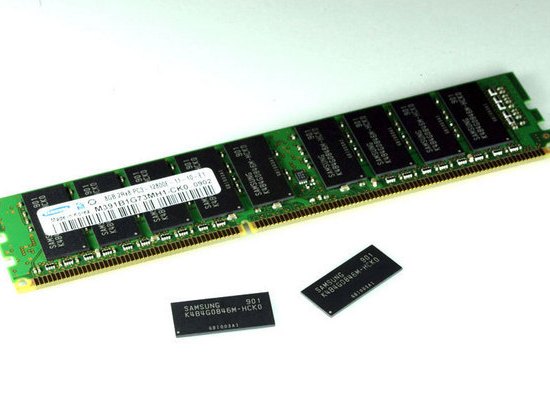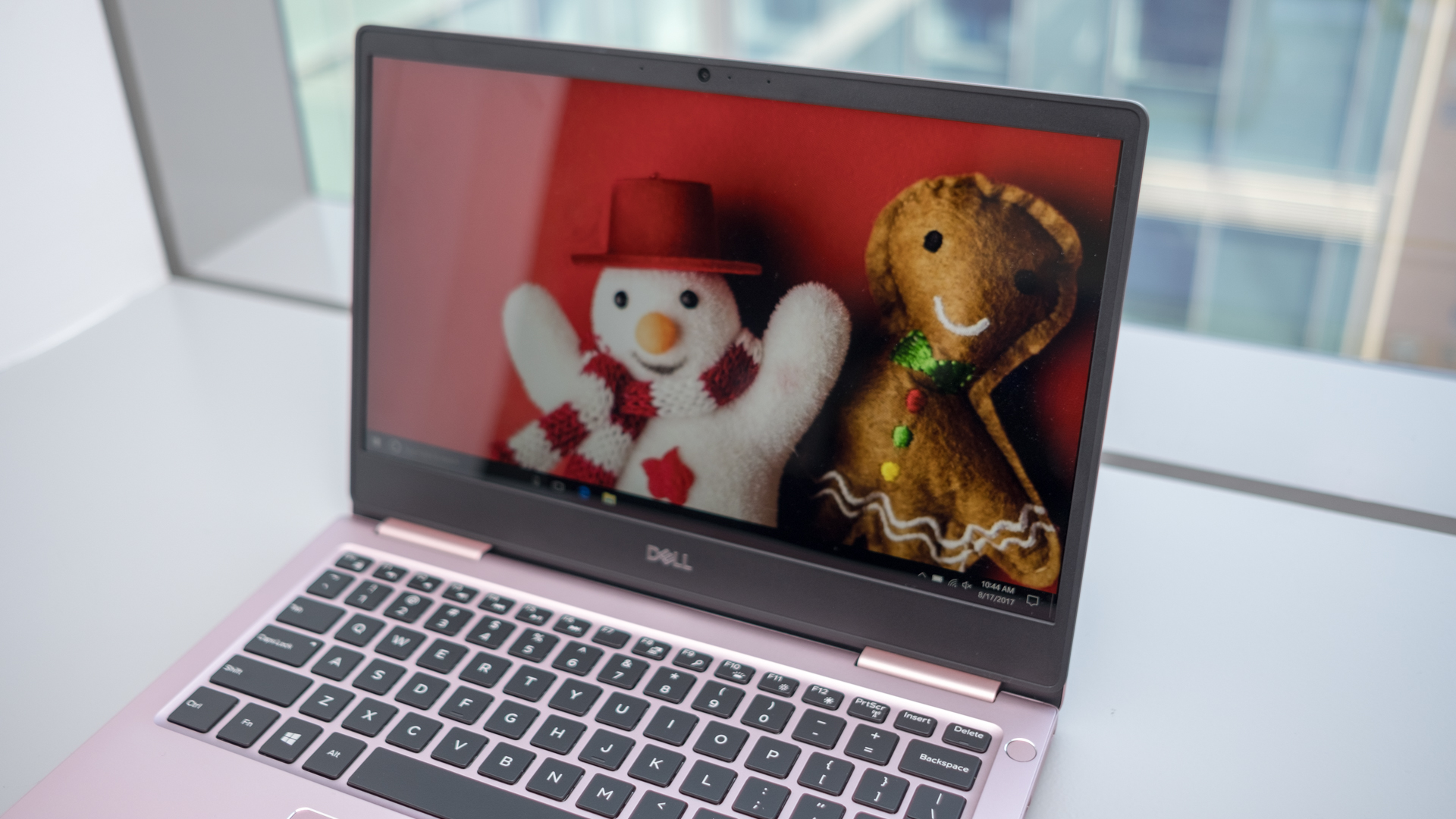Black Friday laptop deals: how to get the best model for the best price
If you're looking to buy a new laptop or MacBook, then there's no better time to pick one up on Black Friday, and with this year's festival of shopping rapidly approaching, it's worth preparing for the big day and seeing how you can make sure you get the very best deal.
Online retailers are fighting tooth and nail to delivery the lowest prices and tempt consumers - which is great news for us consumers as there's plenty of amazing laptop and MacBook Black Friday deals to be had.
However, no matter how good a deal on the day appears, buying a new laptop or MacBook is always a big investment, and you need to be sure that what you're buying is going to suit your needs.
So, in the run up to Black Friday 2018, we'll show you how you can ensure you get the best laptop for your needs for the best price.
One thing to bear in mind is that with so many Black Friday laptop deals going live, there's going to be a huge amount of jargon swirling around, and while some laptops might seem like a steal, they may be old, under-powered, laptops that will end up falling short of your needs.
To avoid this, follow our advice below to help you make an informed decision and bag yourself a brilliant laptop deal on Black Friday 2018.

The features to look out for
So, what exactly should you be looking for when you’re purchasing a laptop on Black Friday?
First off, consider the brand name. Something like the Surface Book from Microsoft itself is a very expensive option and there are many other, cheaper 2-in-1 laptops to be found by shopping around.
On the other hand, you don’t want to leap into the dark with a brand name you neither know nor trust simply because it’s offering a cheap piece of hardware.
For long-term satisfaction, quality and tech support you should buy from an established PC manufacturer whose brand you’ll recognise such as Acer, Asus, Dell, HP, or indeed Microsoft.
If you want to dig a little deeper into the individual brands and the models they sell, our extensive library of laptop reviews is a good resource, as is our constantly-updated list of the best laptops.
It's also worth researching the websites you're buying from – many websites will have customer reviews, so you can avoid stores that take a long time to send out goods. Be careful to avoid any websites you're not too sure about buying from as well – if in doubt, shop elsewhere.
Sizing things up
First of all, you need to consider the overall size of the machine you’re buying. The most common sizes are 13-inch, 14-inch, 15-inch and 17-inch laptop? (There are also slightly smaller and larger laptops out there, but you’re less likely to come across those).
Smaller notebooks tend to not only be more portable but cheaper too. Larger laptops on the other hand will offer a bigger screen and, because there’s more space inside, you’re more likely to find more powerful components and a bigger battery.
If you’re looking for something to take on the go a lot, you’ll want to opt for a more compact notebook which is light (less than 2kg, ideally less than 1.5kg).

Check the specs
Taking a careful look at the specifications of the laptop before you buy can give you a very good idea of if the deal is any good. If the specifications point to an old or weak laptop, then the deal may not be as good as you first thought, unless it is incredibly cheap!
On the other hand, if the specifications point towards a powerful laptop that comes with features you'll rarely - if ever - use, then you may be better off saving your money and looking elsewhere.
As far as performance is concerned, the most important thing to consider is the core components inside the machine. That’s your processor, system memory, storage and – to a lesser extent – the graphics subsystem.
When it comes to the processor, most of the CPUs you’ll come across will be made by Intel. While the Core i5 is a decently powerful model, the Core i7 is the top-end choice.
Most people won’t need the kind of power the i7 offers unless they’re particularly into gaming, video editing or other heavy-duty tasks so the i5 is a good mid-range option. There’s also the entry-level Core i3 and if you’re looking for a budget machine that you don’t intend to use for anything more taxing than browsing the internet or writing up documents.
Very slim laptops are likely to sport a Y model processor as they can run without a fan to cool them. The trade-off here is that they don’t perform quite as well – an example is the Core m3-7Y30. Note that the Y series chips feature ‘Core m’ models (m3/m5/m7), which you can simply think of as another way of labelling these as slower CPUs.
Intel Atom processors are generally found in the truly cheap portables and, unsurprisingly, don’t run particularly smoothly. If you’re only planning to use the laptop for basic web surfing you’ll manage okay but this isn’t a limitation that will appeal to the majority of users.
Intel isn’t, of course, you’re only option – you could always opt for an AMD APU, an Accelerated Processing unit which has a CPU and a GPU (graphics accelerator) on the same chip. A growing number of laptops are coming with AMD hardware, which gives you more options and can generally be found for slightly less than Intel-toting devices while offering similar levels of performance.
RAM counts

The next thing to consider is system RAM. Ideally, you want 4GB, though 8GB is the preferable option for future-proofing and any kind of gaming. Some cheaper laptops still run with 2GB of RAM but these days that really isn’t enough to run Windows 10 well even though it’s technically within the system requirements for the OS.
Sometimes the speed of the RAM is quoted in MHz but don’t worry about that too much; it’s the quantity that’s the more important factor in terms of performance.
Storage selection
These days, you’ll find that many laptops use an SSD (solid-state drive) for storage. SSDs offer very responsive performance and you’ll find that apps and programs will load very quickly.
Cheaper models are more likely to have eMMC drives and though these use flash memory just like an SSD, they’re considerably slower.
eMMC is an effective way for laptop manufacturers to cut corners and costs, which is exactly why you’ll often find it in budget laptops.
If you’re looking to save some dough, an eMMC drive is often a compromise worth making, though, as these drives are still faster than traditional hard disks if only slightly.
Traditional hard drives (which you’ll often find referred to as an HDD or hard disk drive) are the slowest medium of storage. Their strength lies in the fact that they usually have far bigger capacity – you can find storage of up to 1TB even in budget hardware.
A speed in RPM may be quoted with a hard drive, and the faster ones run at 7200 RPM, with slower drives pitched at 5400 RPM. The latter may be rather sluggish, as a rule of thumb, but once again, bear in mind that as with SSDs, performance will vary across individual drives.
Reviews are your friend here, so don’t be afraid to Google a particular model and look for an evaluation or two (and again, you can check out TechRadar’s review section).

Graphics and display
Most laptops will have integrated graphics, meaning the GPU is built into the CPU and you’ll usually find that performance is pretty limited as a result. With integrated graphics – referred to as Intel HD Graphics, or Intel Iris, when it comes to Intel processors – you’ll be able to play casual games, but nothing more than that.
This will be fine for the average laptop user but those who want to play some more heavy-duty games will need a discrete GPU – a graphics solution that sits separate from the processor.
As an example, the GeForce MX150 is Nvidia’s current (Pascal-based) entry-level mobile GPU, but you may find you need to fork out for something a little more powerful than that for really good performance. An example of a more powerful GPU would be the GeForce GTX 1060, but it’s worth noting that prices can soar quickly when it comes to powerful GPUs.
As far as screens are concerned: most mid-range laptops will offer a Full HD display as standard, which is a resolution of 1920 x 1080.
However, when you slide down the price spectrum towards more budget models, you’ll still find there are plenty of machines which only offer a resolution of 1366 x 768. Don’t let this put you off, though.
This resolution is actually perfectly fine, especially on smaller screened laptops. Indeed, a lower resolution is often a benefit to a laptop with lower specs as it means there are fewer pixels for the CPU and graphics solution to shift, making things more likely to run smoothly.
This is something gamers might want to remember, too. Though a 4K screen looks and sounds like a great idea, it’ll take a serious toll on your machine’s core components and sometimes it’s worth sacrificing a bit of image quality for a smoother frame rate.
4K displays will also drain your laptop battery much faster and given this is an area where gaming laptops already struggle, you may want to consider what you’re losing to gain 4K.
Know what you want before Black Friday
Before Black Friday, draw up a list of what you want from your laptop, and any models or brands that have caught your eye. This means your deal-hunting can be narrowed down and more successful.
This will also help to stop you spending money on impulse buys which you may regret later – especially if a deal for something you actually do want crops up later, and you've already blown your budget.
Keep the receipts
Make sure you keep hold of your receipts in case you're not happy with any of your purchases and want a refund – it's also worth checking the refund policy of websites before buying on Black Friday.
Some retailers will also offer longer warranties than others, which could be a deciding factor when buying a laptop or MacBook on Black Friday. Having a three or five year warranty on your laptop will give you peace of mind, knowing that if anything goes wrong you'll be covered.
- Check out our list of the best laptops of 2018
Contributer : Techradar - All the latest technology news https://ift.tt/2RkzgKC

 Reviewed by mimisabreena
on
Monday, October 01, 2018
Rating:
Reviewed by mimisabreena
on
Monday, October 01, 2018
Rating:















No comments:
Post a Comment